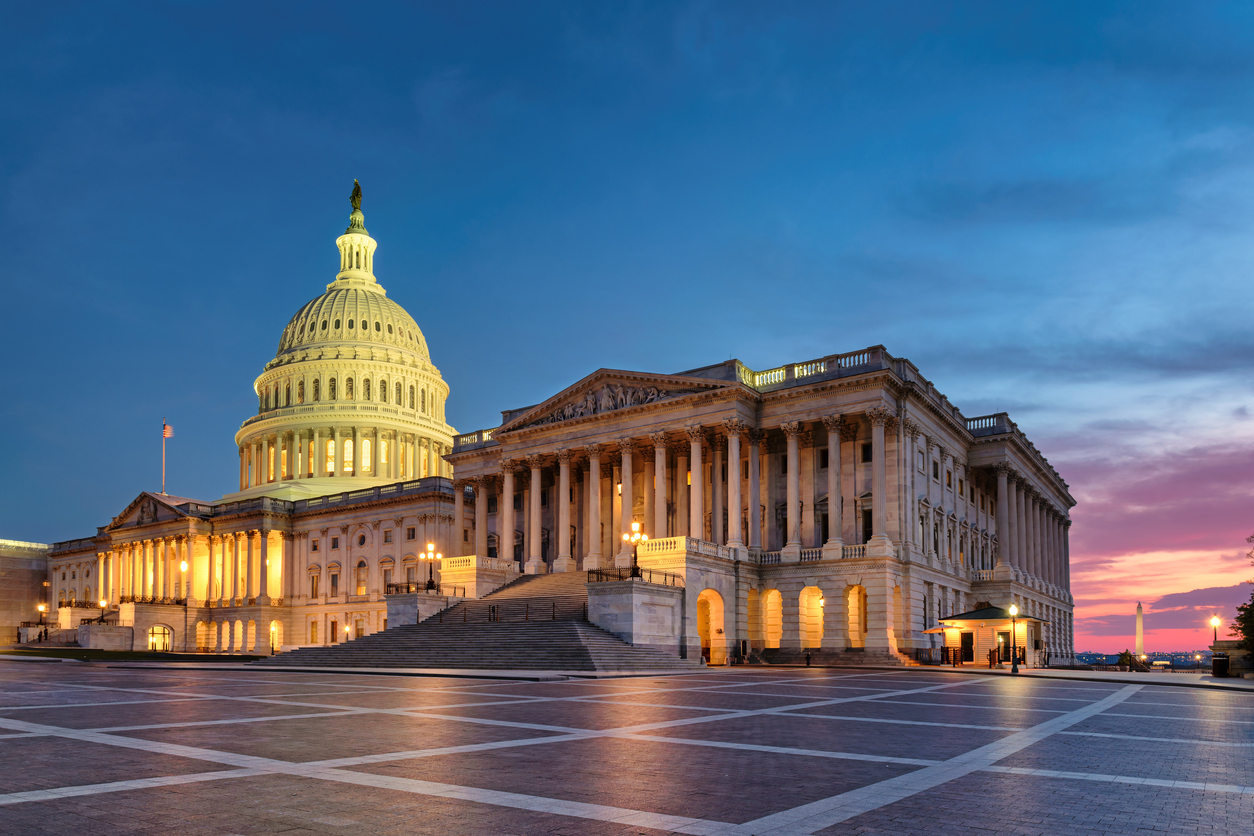Who Cares? Three Takeaways from the $2 Trillion Stimulus Act

Much has been made about the $2 trillion relief bill that Congress passed and President Trump signed into law at the end of March 2020. Though the 800+ page bill makes for some fine bedtime reading, there are three quick takeaways from CARES (Coronavirus Aid, Relief, and Economic Stimulus) Act that may have an immediate and direct benefit to the construction industry.
Takeaway 1: SBA Loans
The CARES Act includes a $367 billion loan and grant program for small businesses. Any business, nonprofit organization, veterans’ organization, or tribal business under 500 employees, or under the Small Business Administration standard (if greater than 500 employees), or under 500 employees per physical location for all food service and accommodation businesses, are eligible. Affected businesses can receive a Small Business Interruption loan up to 2.5 times their average monthly payroll up to a maximum of $10 million. Fees are waived and no collateral or personal guarantee are required. Payments are deferred for a minimum of six months, up to one year, and there are no prepayment penalties.
Generally, businesses can use the loans to pay workers’ salaries and benefits. The loans can also be used to cover some overhead costs such as rent. Assuming the loans are properly used, they will not need to be repaid. Companies need to be prepared to provide detailed documentation of how the loans were used if they want to take advantage of not having to repay the loans.
Takeaway 2: Healthcare
Hospitals, healthcare systems, and providers will receive over $130 billion in funds. Many of these funds are earmarked for construction projects to fortify the county’s medical infrastructure.
Takeaway 3: Employer Payroll Taxes
The CARES law includes a 50% refundable payroll tax credit on wages paid up to $10,000 during the pandemic for certain employers. Under certain conditions, the credit is available for (1) employees retained, but not currently working due to the pandemic for employers of more than 100 employees and (2) for all employee wages for employers of 100 or fewer employees. Contractors may also delay payment of employer-side Social Security payroll tax payments, with 50 percent owed on December 31, 2021 and 50 percent owed on December 31, 2022.
The CARES Act contains many more provisions than the three takeaways discussed above; this blog is not intended to be a comprehensive analysis of the Act. Other provisions of the Act may impact or provide assistance to businesses servicing the construction industry. The CARES Act is also not likely going to be the last federal stimulus act arising from the COVID-19 pandemic.
Our attorneys in Austin and Dallas are available to answer questions you may have about the CARES Act or other matters relating to the COVID-19 pandemic. You may reach us at info@gstexlaw.com.
Legal Disclaimers
This blog is made available by Gerstle Snelson, LLP for educational purposes and to provide general information about the law, only. Neither this document nor the information contained in it is intended to constitute legal advice on any specific matter or of a general nature. Use of the blog does not create an attorney-client relationship with Gerstle Snelson, LLP where one does not already exist with the firm. This blog should not be used a substitute for competent legal advice from a licensed attorney.
©Gerstle Snelson, LLP 2020. All rights reserved. Any authorized reprint or use of this material is prohibited. No part of this blog may be reproduced or transmitted in any form or by any means, electronic or mechanical, including photocopying, recording, or by any information storage or retrieval system without the express written permission of Gerstle Snelson, LLP.

